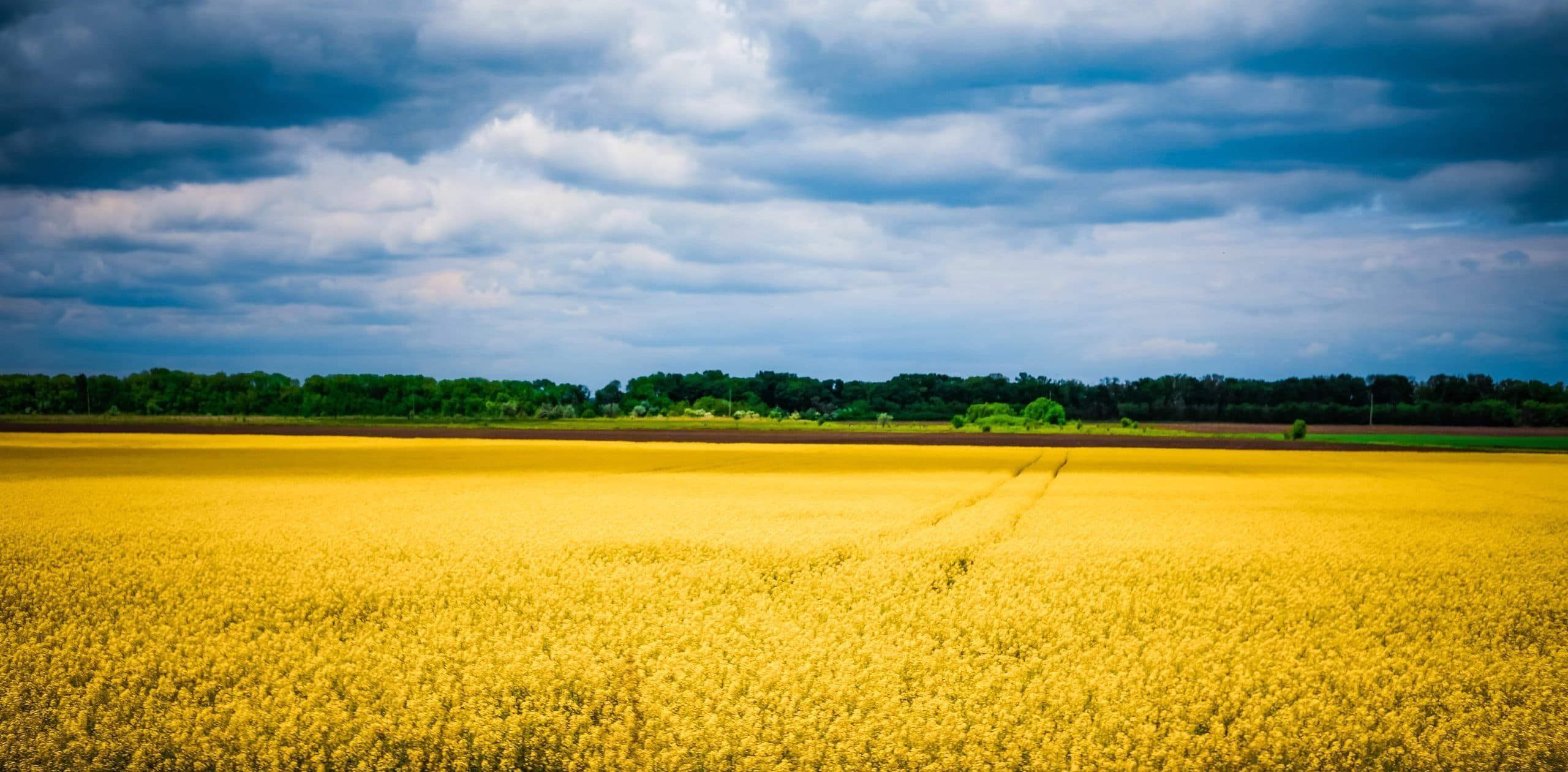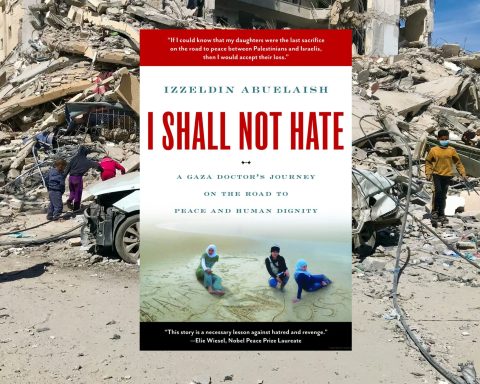 Richard Armitage is a GP and Public Health Specialty Registrar, and Honorary Assistant Professor at the University of Nottingham’s Academic Unit of Population and Lifespan Sciences. At time of writing he was providing primary care to internally displaced people in the east of Ukraine. He is on twitter: @drricharmitage
Richard Armitage is a GP and Public Health Specialty Registrar, and Honorary Assistant Professor at the University of Nottingham’s Academic Unit of Population and Lifespan Sciences. At time of writing he was providing primary care to internally displaced people in the east of Ukraine. He is on twitter: @drricharmitage
The Ukrainian system of medical education is considered to be both one of the highest quality and relative affordability in the world, and therefore attracts thousands of native and foreign medical students each year.1 Medical undergraduates begin their training immediately after completing secondary education, and study for a six-year period in one of the country’s 14 medical universities and academies to earn a Specialist’s Diploma (corresponding to a MD/MBBS).1 The Diploma reflects a high standard of professional training, and its holders are eligible to sit international medical licencing examinations in the UK,2 US,3 and other advanced healthcare systems, or remain in Ukraine to begin clinical practice and primary specialization.1
The Ukrainian system of medical education is considered to be both one of the highest quality and relative affordability in the world…
In keeping with that in most other countries, medical education in Ukraine was deeply disrupted by COVID-19. For substantial portions of 2020 and 2021, direct patient contact and bedside clinical teaching was suspended, student instruction was delivered virtually, and summative assessments were largely conducted online.4 The harmful impacts of these disruptions to knowledge acquisition, skills attainment and professionalism development across all stages of training are widespread, enduring and detrimental to student preparedness for transition to clinical practice. 5,6,7 Now, for many medical students training in Ukraine, these effects are being both repeated and compounded by the on-going war. Since the start of Russia’s invasion, Ukrainian medical education has been once again transitioned to delivery online, while clinical encounters and formal assessments have been largely suspended or cancelled entirely.
Since the start of Russia’s invasion, Ukrainian medical education has been once again transitioned to delivery online…
As such, many international medical students have returned to their home countries,8 while those about the complete their sixth year of training, including one of these authors, will receive their Diplomas and enter clinical practice having been denied the experiential learning opportunities central to medical training, including those usually obtained through protracted clinical placements in family practice.
There is enormous need for additional doctors, especially those practicing as family doctors in primary care, meaning the next cohort of medical graduates in Ukraine will be eagerly welcomed despite the impacts of both the recent pandemic and on-going war on their medical education.
References
- Ukrainian Medical Council. Medical Education in Ukraine. https://mcu.org.ua/medicinskoe-obrazovanie-v-ukraine/?lang=en [accessed 24 May 2022]
- General Medical Council. A statement from the GMC on the situation inUkraine. 14 March 2022. https://www.gmc-uk.org/news/news-archive/a-statement-from-the-gmc-on-the-situation-in-ukraine [accessed 24 May 2022]
- United States Medical Licensing Agency. Eligibility for the USMLE Steps. https://www.usmle.org/bulletin–information/eligibility [accessed 24 May 2022]
- N Mospan and V Slipchuk. COVID-19 Impact on Medical Education: Evidence of International Students. Universal Journal of Educational Research 2020, 8(12B), 8393-8401. DOI: 10.13189/ujer.2020.082645
- C Theoret and X Ming. Our education, our concerns: The impact on medical student education of COVID-19. Medical Education July 2020; 54(7): 591-592. DOI: 10.1111/medu.14181
- TMS Collaborative. The perceived impact of the Covid-19 pandemic on medical student education and training – an international survey. BMC Medical Education 2021; 21(566). DOI: 10.1186/s12909-021-02983-3
- E Montagna, J Donohoe, V Zaia V, et al. Transition to clinical practice during the COVID-19 pandemic: a qualitative study of young doctors’ experiences inBrazil and Ireland. BMJ Open 2021; 11: e053423. DOI: 10.1136/bmjopen-2021-053423
- S Sarkar. Medical students escape war torn Ukraine but face limbo. BMJ 21 April 2022; 377: o908. DOI: 10.1136/bmj.o908
Featured image by Olga Subach on Unsplash







[…] Featured image by Olga Subach on Unsplash View complete answer […]